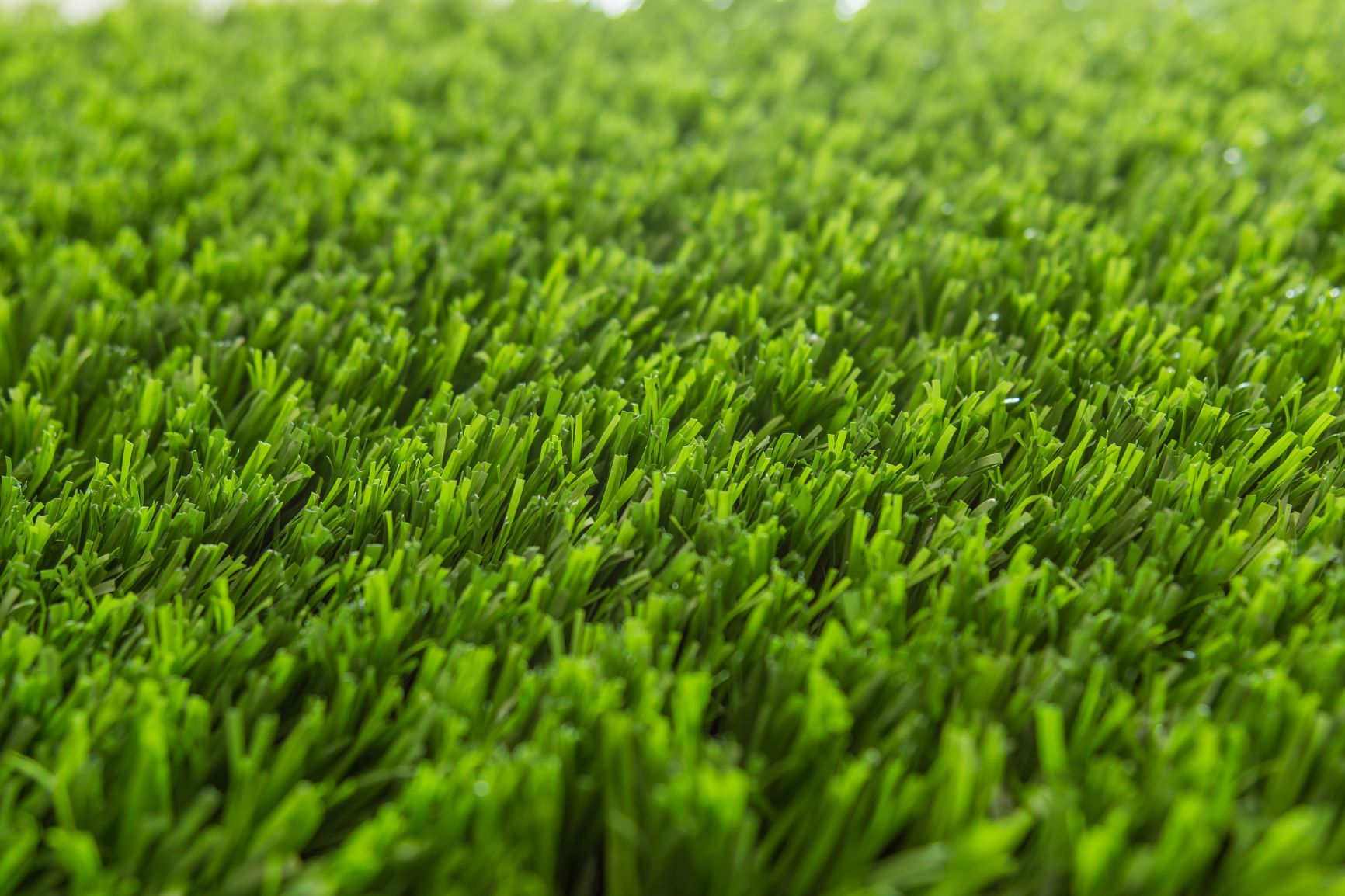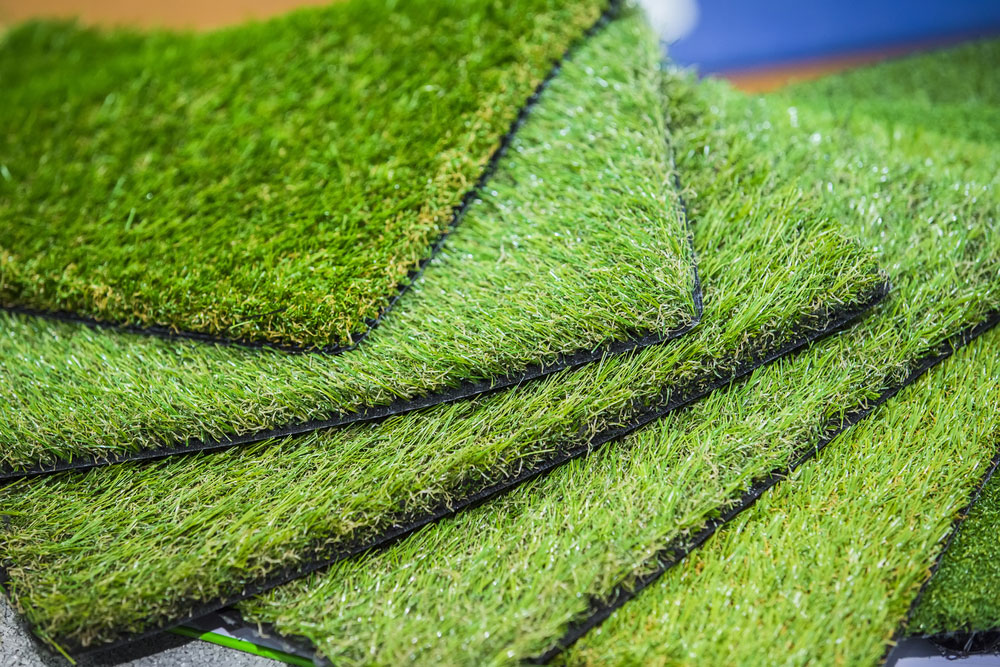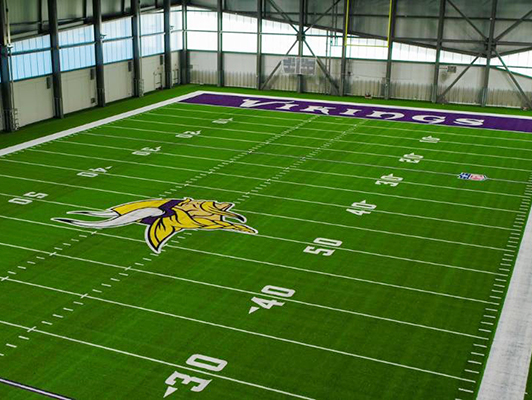Best Phoenix Turf Companies Providing High-Quality Synthetic Grass Solutions
Wiki Article
Look Into the Environmental Benefits of Opting for Artificial Turf Solutions
The fostering of fabricated grass remedies offers a compelling possibility to attend to pushing environmental obstacles. By considerably reducing water usage and lessening the application of damaging chemicals, these choices not only promote sustainable landscape design but also shield local ecosystems. The lower carbon footprint connected with reduced maintenance activities adds to an extra sustainable technique to land monitoring. The implications of these advantages prolong past simple conservation efforts, increasing inquiries regarding their long-term effect on habitat conservation and general environmental equilibrium. Exploring these measurements reveals a complex interaction worth thinking about.Water Preservation Benefits
One of the most significant benefits of synthetic grass is its ability to conserve water. Traditional grass yards call for substantial irrigation, particularly in areas susceptible to drought or water constraints. In contrast, synthetic grass does not need watering, significantly minimizing the general need for water resources. This function is especially advantageous in arid regions where water shortage is a pushing issue.By eliminating the demand for routine watering, fabricated grass adds to lasting landscape methods and aids minimize the ecological impact of extreme water consumption. The preservation of water prolongs to the decrease of drainage, which can lead to dirt erosion and river contamination.
Furthermore, the installment of synthetic grass allows towns and homeowners to designate water sources a lot more efficiently, concentrating on crucial uses such as alcohol consumption water and agriculture. The change towards synthetic grass not only advertises liable water usage yet likewise aligns with more comprehensive ecological objectives aimed at protecting natural resources.
As communities increasingly focus on sustainability, the water preservation advantages of synthetic grass present a compelling case for its fostering in commercial and residential landscaping jobs.
Lowered Chemical Use
The change to synthetic lawn significantly reduces the dependence on chemical therapies typically utilized in all-natural turf maintenance. Traditional turf monitoring commonly involves the application of herbicides, plant foods, and pesticides to advertise development and control pests. These chemicals can posture risks to human health and wellness, regional wild animals, and the environment, adding to soil and water contamination.On the other hand, man-made grass gets rid of the demand for these damaging materials. When mounted, it calls for marginal maintenance, mostly consisting of regular cleaning and seldom infill replenishment. This reduction in chemical use not only benefits the instant atmosphere yet also adds to broader ecological security. By lessening the launch of synthetic substances into the ecological community, synthetic grass promotes healthier soil and water systems.
Moreover, the absence of chemical drainage related to synthetic grass installments aids safeguard regional rivers from air pollution, sustaining aquatic life and preserving biodiversity. Phoenix turf companies. As areas increasingly prioritize lasting practices, opting for fabricated turf presents a feasible remedy that aligns with environmental conservation goals. Through this shift, residential or commercial property owners can delight in lush green rooms without endangering environmental health, leading the method for a more lasting future
Lower Carbon Impact

Additionally, the setup of synthetic grass can result in significant water conservation. Natural yards require significant amounts of water for irrigation, which not only includes in the carbon impact related to water extraction and therapy however also strains neighborhood water resources. On the other hand, synthetic grass needs minimal upkeep, needing no watering, thereby substantially lowering water usage and its associated energy prices.
Furthermore, the long life of fabricated lawn adds to its lower carbon effect. With a life expectancy of approximately 15 years or more, the requirement for frequent replacements is diminished, resulting in much less waste and reduced energy consumption in manufacturing and throwing away typical lawn choices. Generally, man-made grass presents a sustainable alternative for eco aware landscaping.
Habitat Preservation
Environment conservation is an important factor to consider in the debate over landscape design selections, particularly when contrasting man-made grass to natural grass. All-natural lawn lawns frequently call for considerable maintenance, including making use of pesticides, plant foods, and herbicides, which can detrimentally affect local ecosystems. These chemicals can leach right into the soil and rivers, harming native vegetation and animals and disrupting neighborhood habitats.
In comparison, synthetic grass presents a possibility to decrease the eco-friendly footprint of landscaping. By selecting synthetic lawn, homeowners can lessen the disruption of all-natural habitats associated with typical yard care practices. Synthetic grass gets rid of the need for damaging chemicals, thus protecting nearby wild animals and preserving the stability of bordering communities. In addition, the installation of synthetic grass can lead to the conversion of former turf locations right into even more biodiverse landscapes, such as pollinator yards or indigenous plant locations, which can sustain local wildlife.
Inevitably, the shift to man-made grass not only conserves water and reduces upkeep initiatives however likewise promotes a more unified partnership in between human tasks and the natural environment, advertising environment conservation in my explanation the procedure.
Long-Term Sustainability
Long-term sustainability is a critical consider assessing the advantages of man-made turf over conventional grass lawns. One of the most considerable benefits look at this web-site of synthetic grass is its resilience; it can last approximately 15-20 years with marginal maintenance, whereas natural grass requires frequent reseeding and replacement. This durability decreases the requirement for constant resources, such as water, fertilizers, and pesticides, which are essential for preserving a healthy and balanced yard lawn.Furthermore, synthetic lawn adds to a reduction in carbon exhausts connected with lawn treatment equipment. Typical yards typically need gas-powered lawn mowers, trimmers, and blowers, all of which add to air pollution. Turf installation phoenix az. In comparison, synthetic grass removes the demand for such tools, advertising a cleaner atmosphere
Moreover, the production of man-made turf progressively utilizes recycled materials, boosting its sustainability profile. As producers take on environment-friendly methods, the ecological impact of synthetic grass proceeds to lessen.

Verdict
The adoption of fabricated turf services presents significant ecological advantages, including considerable water conservation, minimized reliance on hazardous chemicals, and a reduced carbon impact. Fabricated grass help in protecting all-natural habitats by reducing land disruption and promoting long-lasting sustainability via the use of long lasting products. Collectively, these elements emphasize the potential of synthetic grass to contribute positively to ecological health and wellness and use a viable option to traditional landscape design practices in an increasingly resource-conscious globe.In comparison, fabricated grass does not require watering, substantially lowering the overall demand for water sources. By reducing the launch of artificial substances right into the ecosystem, fabricated lawn advertises much healthier dirt and water systems.
Moreover, the installation of synthetic lawn can result in substantial water conservation. helpful resources In contrast, artificial lawn needs very little upkeep, needing no watering, thereby significantly minimizing water usage and its linked energy expenses.

Report this wiki page